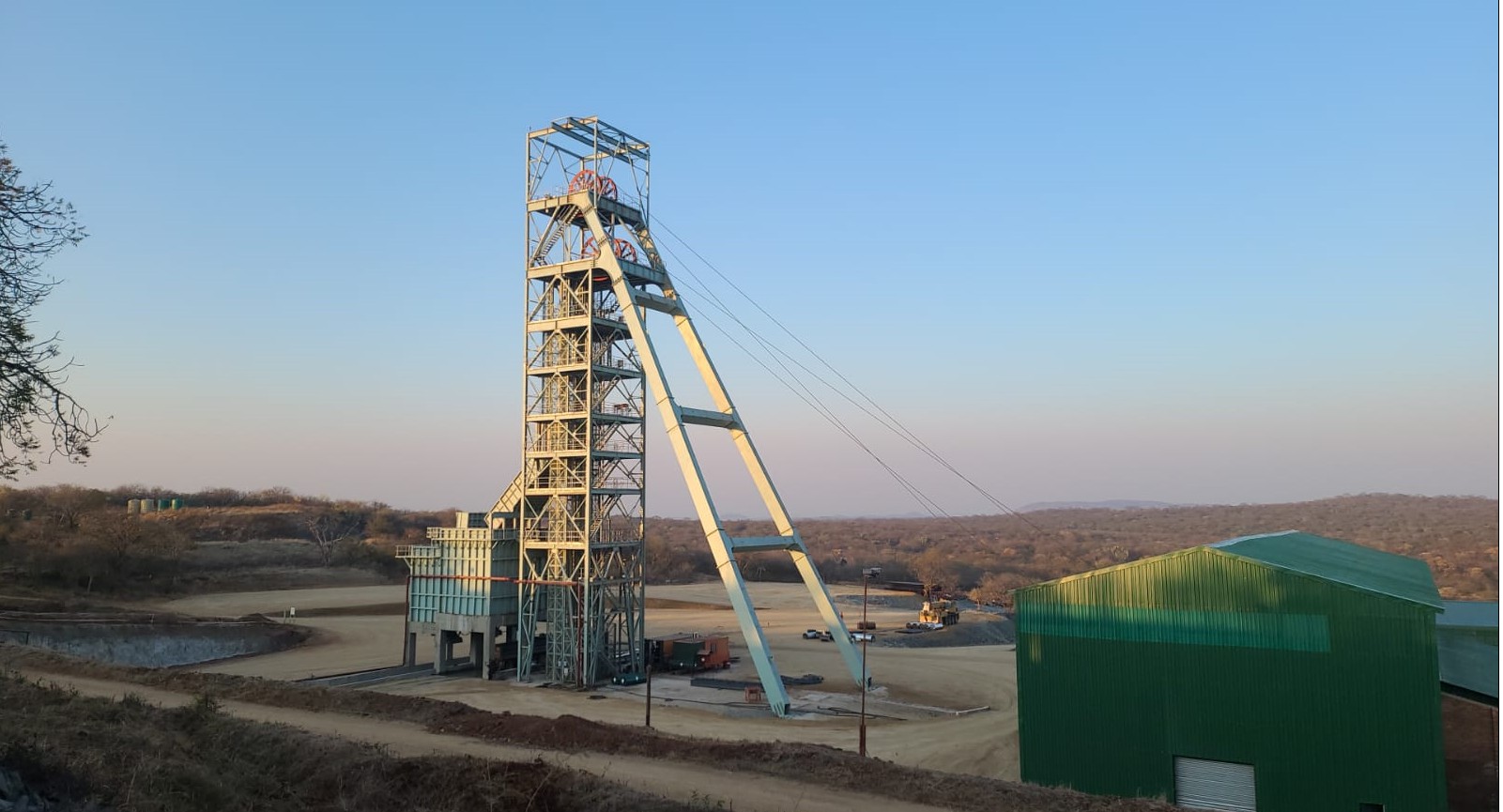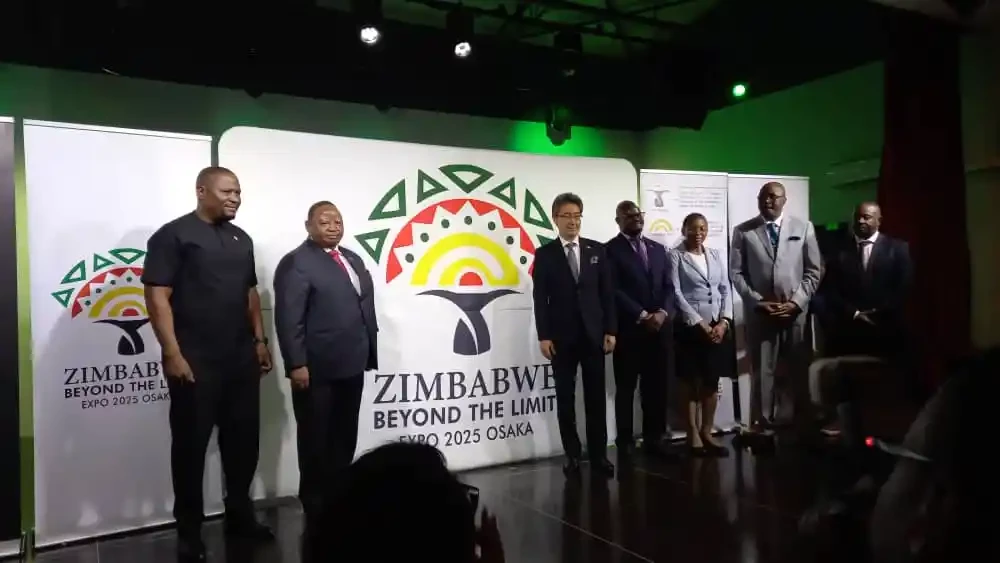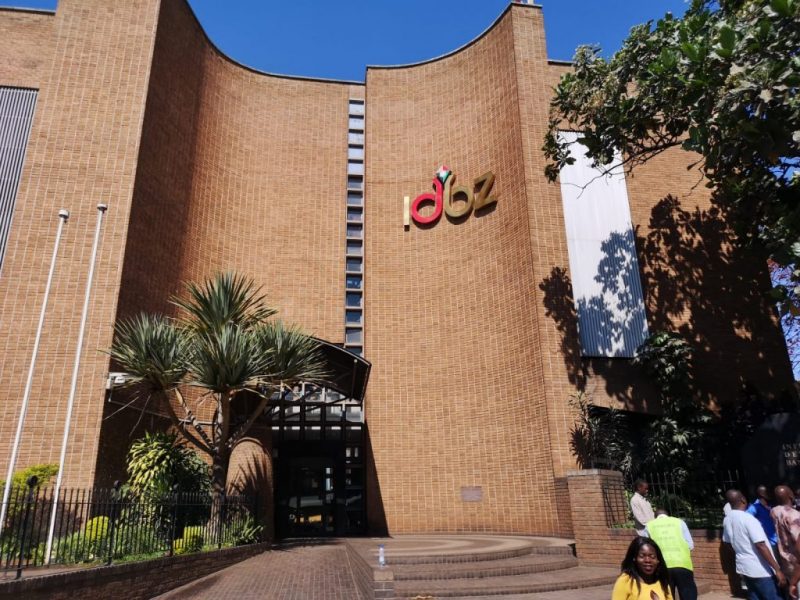Retailers dispute legal basis for rice taxation
The country’s retailers are disputing the legal basis upon which the Zimbabwe Revenue Authority (Zimra) has moved to backdate Value Added Tax (VAT), arguing that Statutory Instrument 20 of 2017 – which allowed for VAT taxation of rice – has since been made redundant.
Said Confederation of Zimbabwe Industries (CZR) president Mr Denford Mutashu this week:
“We have noted the legal basis Zimra seeks to rely upon to collect VAT on rice and we wish to advise that we respectfully disagree with the basis ZIMRA relies upon. The Statutory Instrument (SI) under which rice was standard rated, only remained in force until February 16 2017 when SI-26A of 2017 was published repealing SI 20 of 2017.
“The effect of the repeal was to restore the position set out in SI 9 of 2016 that the rice tariffs in query (including pre-packed rice in packages or less than 25kg) was VAT exempt. It’s the same basis by which margarine, maheu and potatoes were and are currently VAT exempt.
“The Confederation of Zimbabwe Retailers, therefore, reaffirms its earlier position that the attempt to collect VAT on rice backdated to February 2017 is unjustified as rice is exempt from VAT.”
Just last week, the body condemned Zimra’s insistence to collect VAT on rice claiming that the tax collector was promoting “policy inconsistency”.
It followed the taxman’s move to collect VAT on rice packages of 25 kgs and below backdated to February 2017.
Retailers said the move went against the VAT exemption for rice set out in Statutory Instrument (SI) 9 of 2016.
Although it was amended by SI 20 of 2017 with effect from February 1 2017, its position that all rice (including pre-packed rice in packages or less than 25kg) was VAT exempt was later restored by SI 26A of 2017 published on 16 February 2017, repealing SI 20 of 2017.
Mr Mutashu said the move could have serious consequences on the country’s low-income families who will not be able to afford the basic commodity.
Since the inflationary pressures started affecting the economy around 2018, rice was among a few basic commodities that remained relatively affordable.
“The decision by Zimra lays bare the need for policy consistency, Zimra was quiet for three years, not indicating that VAT was to be collected on rice and it is only recently that it has sought to collect the VAT which was previously and still is exempt. We wish to point out that it is an established principle of law that no tax can be imposed on a party unless the same is clearly set out in legislation and at present, the law is that rice is exempt from VAT and even the Zimra system has not been and is presently not charging VAT,” said Mr Mutashu last week.
“Effecting the decision is not only a violation of property rights but a direct act on any confidence the business sector had in the economy and we believe that for this economy to attract both local and foreign investment there is a need to have the respect for the rule of law and policy consistency.”-ebusinessweekly.cl.zw










